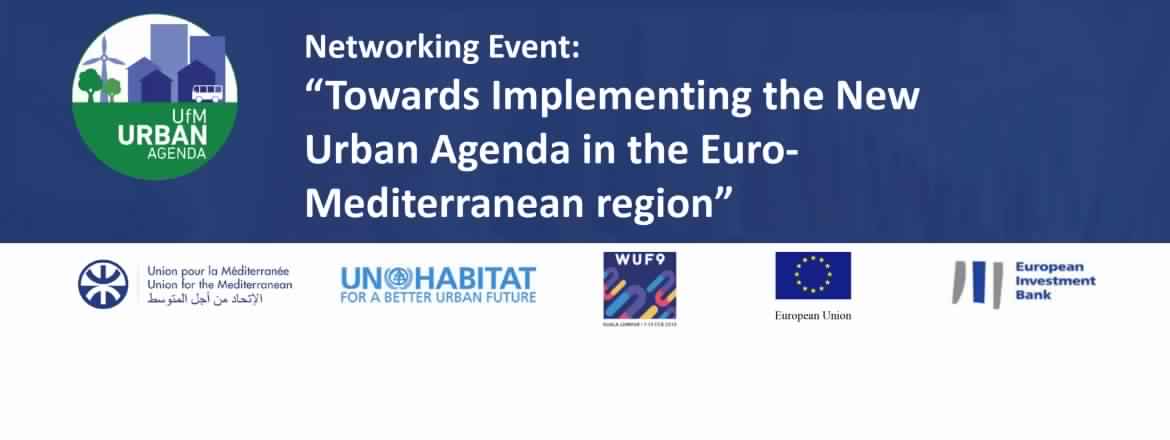Tunisia/EU: route to employment for 16 young people thanks to a joint initiative between Polyvia and ATIP

After two months of technical training, 16 young Tunisians were awarded a professional training certificate in plastic processing, which guarantees them entry into employment, either in Tunisia or in France. The ceremony is the culmination of a pilot scheme organised as part of the THAMM OFII project, funded by theEuropean Union. It shows that with the right training, young people can find a good job in Tunisia or get work abroad in the best possible conditions.
From January to March 2023, 16 job-seeking graduates struggling to find employment and 10 employees in the plastics industry, aged between 25 and 39, received professional training in order to adapt to the current labour market or progress within their company. This pilot scheme was managed by Polyvia Formation, which won a tender launched by the French Immigration and Integration Office (l’Office français de l’immigration et de l’intégration/OFII), as part of a European programme called THAMM (“Towards a Holistic Approach to Labour Migration Governance and Labour Mobility” implemented by international agencies and Member States). The aim of this programme is to improve the governance of migration and create new mobility pathways.
Polyvia, the leading group of professionals in the plastics industry in France, represents 3,500 companies with 122,000 employees. It has close links with the Tunisian Association of Plastics Manufacturers (L’Association tunisienne des industriels de la plasturgie/ATIP), whose 25 members are subsidiaries of international companies that employ 6,000 people. Working together, these two bodies are striving to make up for the skills shortages encountered both in Tunisia and France.
With this in mind, a short training scheme was developed, leading to a “professional training certificate” for the much sought-after profession of operator-adjuster for industrial machinery. This certificate provides recognition of the skills offered by the social partners in a given sector. It is issued at the completion of a training pathway that takes place both in companies and at training centres. The qualification significantly boosts the employability of learners, whether they are strengthening their current skills or in the process of vocation retraining, both in Tunisia and in France.




























 Syria
Syria 





